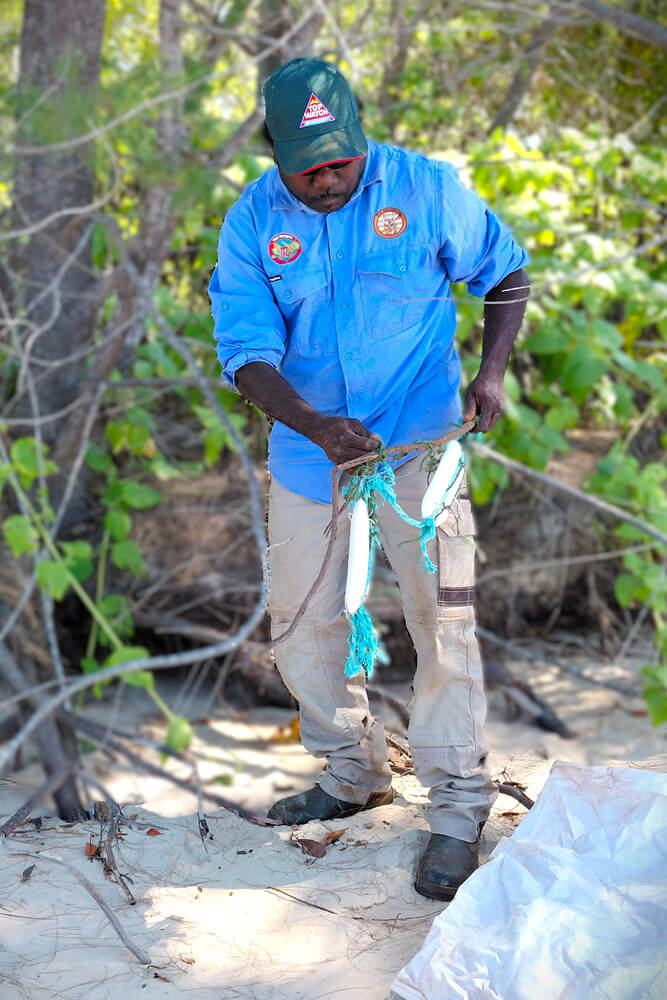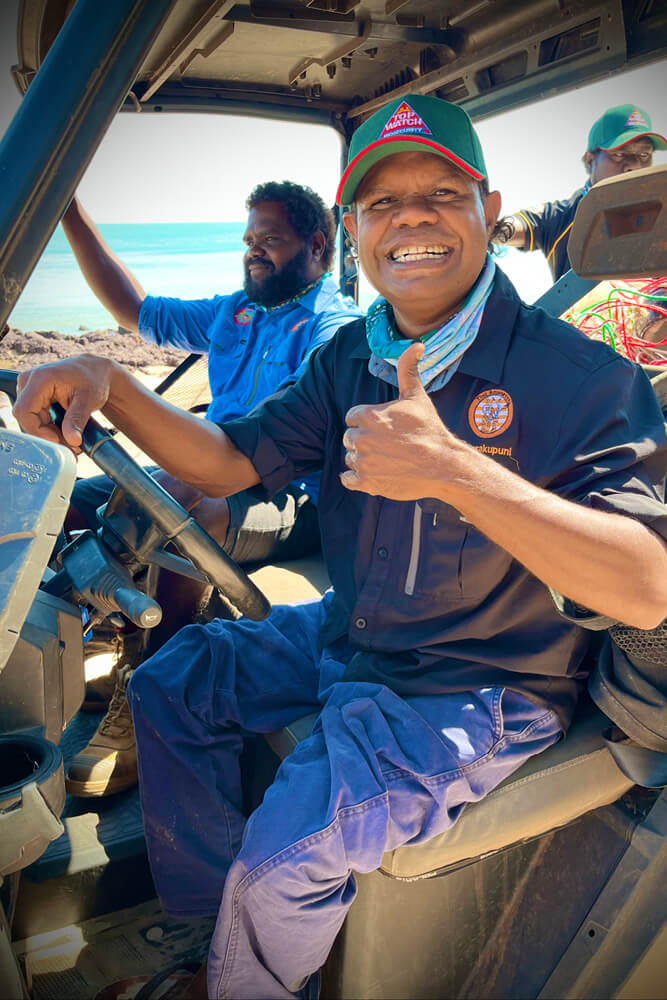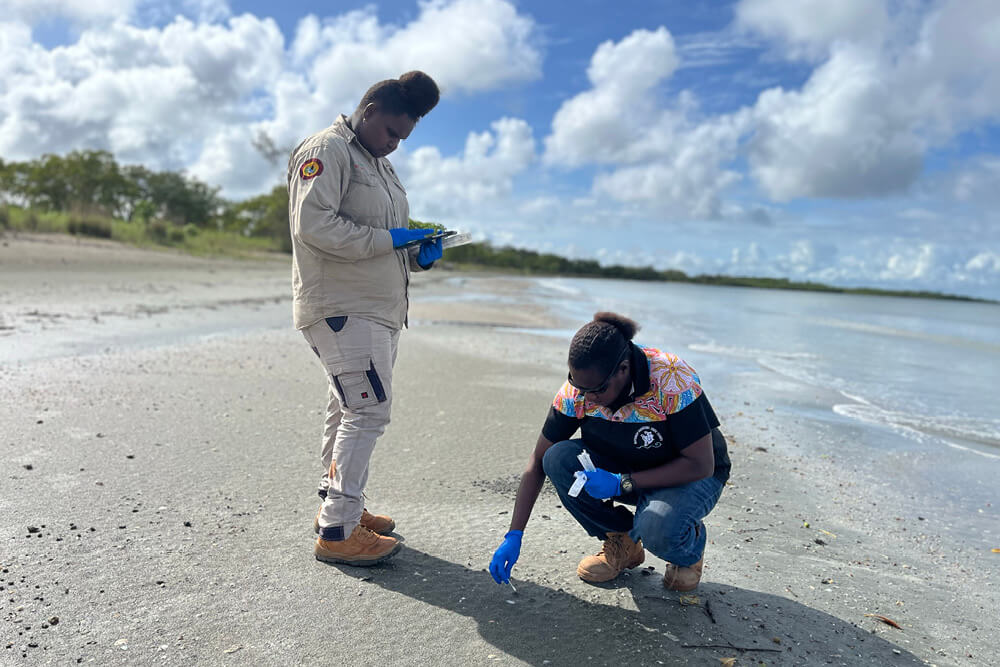Stretching from our remote north-west coastline to the islands of Torres Strait, Indigenous rangers are either on Country undertaking animal, plant and aquatic surveillance, or in the community raising awareness about the importance of biosecurity.
Each year, on 31 July, we celebrate World Ranger Day - to honour the vital work rangers do to protect our planet's natural treasures and cultural heritage.
This year we're focusing on the hard work and dedication of Indigenous rangers who serve on the frontline of our nation's biosecurity system.
Through our Indigenous Rangers Biosecurity Program (IRBP) we have partnered with 67 ranger groups across northern Australia to deliver vital biosecurity services that include:
- sampling for avian influenza, contributing to national programs
- monitoring for exotic pests, diseases and weeds
- undertaking fee for service early detection surveillance in plant, animal and aquatic health.
Since 2015, our department has worked hand-in-hand with Indigenous rangers, blending vital cultural knowledge and western science to ensure the best possible protection for our environment against new and emerging exotic biosecurity threats.
Because Australia's northern coastline is vast and sparsely populated, without this essential partnership, Australia would be vulnerable to some of the world's most destructive pests and diseases.
On World Ranger Day we recognise the expertise and knowledge of Indigenous rangers and thank them for their dedication in working with us to protect Australia's precious environment for future generations.
To learn more and keep up to date with the work of Indigenous rangers in biosecurity, subscribe to the Frontline Ranger Newsletter.









